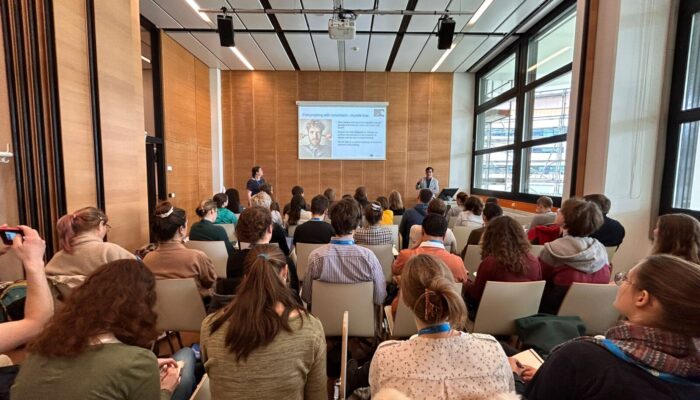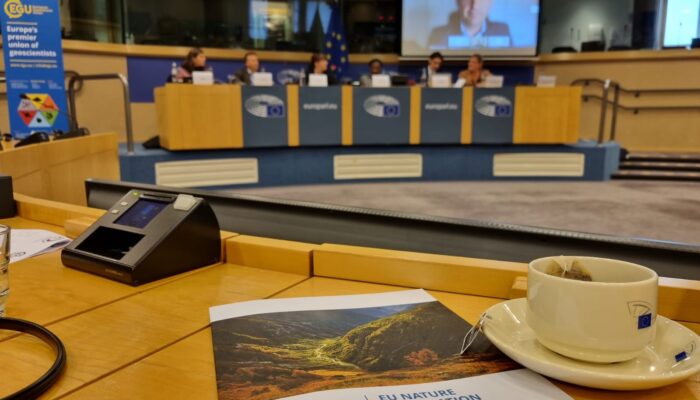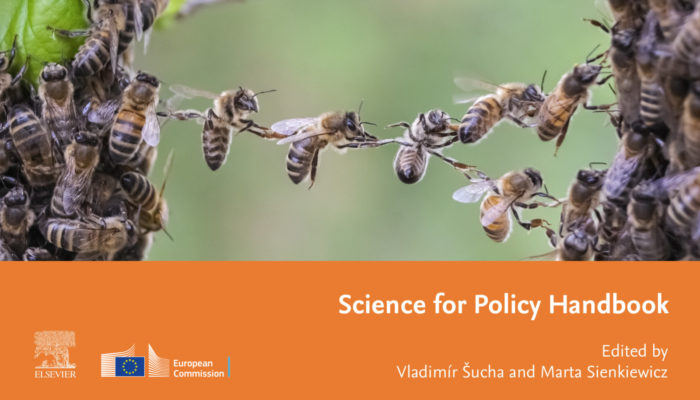Each year, the EGU’s Science for Policy Programme at the EGU General Assembly provides participants with insights on how their research and expertise can be integrated into the policymaking process and the opportunities that exist for them to engage. This month’s GeoPolicy Blog post highlights some of the exciting #Sci4Pol sessions and initiatives that you can engage with! While this blog post hig ...[Read More]
GeoPolicy: 10 steps for creating a knowledge synthesis for policy impact
When working on legislation, policymakers often require scientific evidence or expertise to support their decision-making. Scientific information can help policymakers to identify any unintended consequences of a policy decision and access solutions that they may not have otherwise considered. In many cases, the information that researchers give to policymakers is a summary of a single study that ...[Read More]
GeoPolicy: Don’t Look Up – could better science advice have saved the planet?
Note: Spoilers Ahead! If you haven’t already seen it, go and watch Don’t Look Up – and then come back to this blog to find out what the scientists in the film could have done to better connect and communicate with the policymakers involved! Don’t Look Up gives us a terrifying example of what could happen when policymakers ignore the science. The film tells the story of two astronomers, PhD candida ...[Read More]
GeoPolicy: How to achieve policy impact
Last year, the European Commission’s Joint Research Centre (JRC) published their Science for Policy Handbook that provides advice on how to bring science to the attention of policymakers. The Handbook is divided into 19 Chapters covering different areas of science for policy as well as some of the challenges that scientists face when engaging with policy and potential solutions. This month’s GeoPo ...[Read More]




